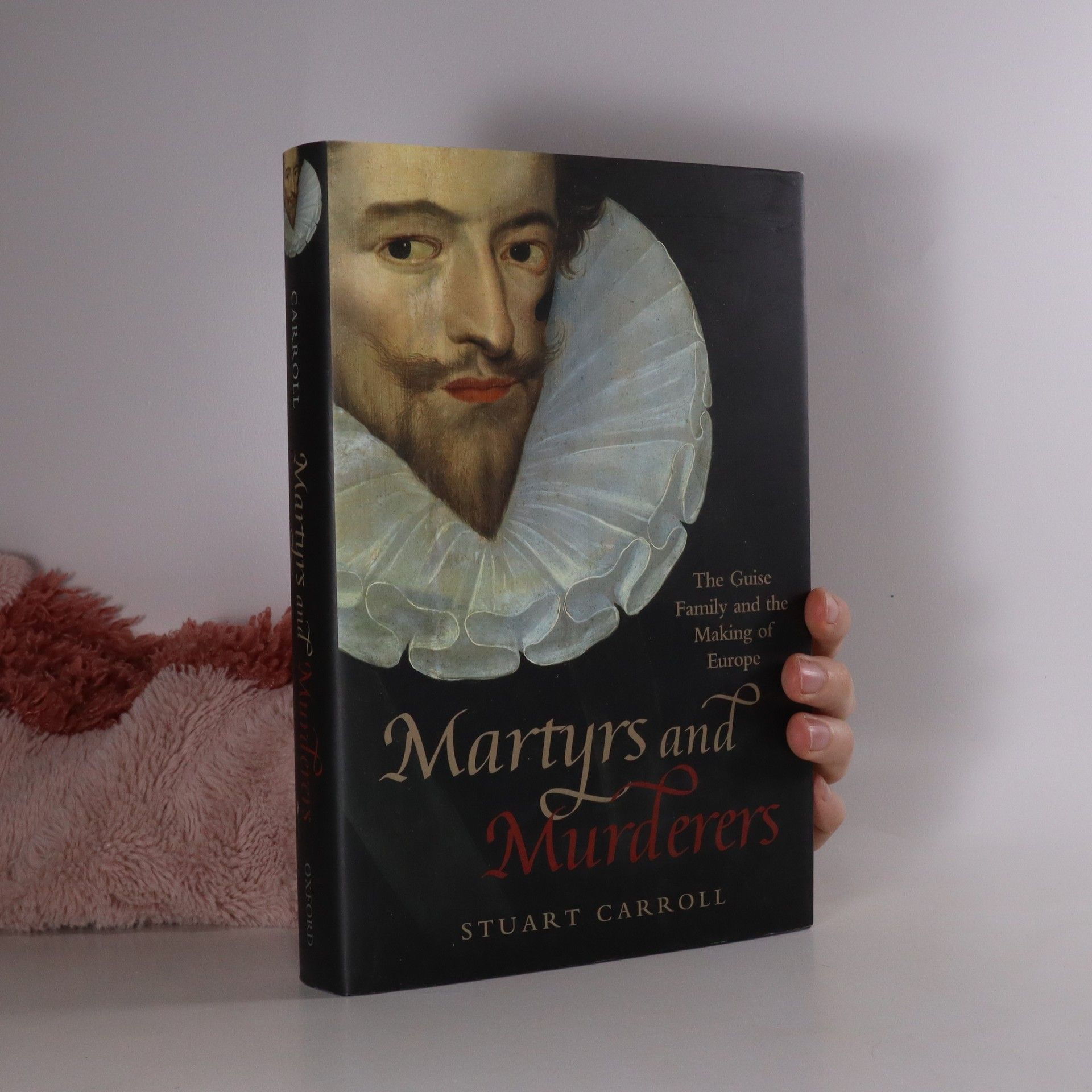Enmity, a state or feeling of mutual opposition or hostility, became a major social problem during Europe's transition to modernity between 1500 and 1800. This book transforms our understanding of that process, exploring how ordinary people felt about their enemies, the violence it engendered and the solutions that helped create modern society.
Stuart Carroll Libri
Stuart Carroll è un professore di storia il cui lavoro approfondisce le intricate dinamiche della Francia moderna. La sua erudizione esamina criticamente l'interazione tra potere, conflitto religioso e formazione dell'identità nel plasmare la storia europea. L'approccio di Carroll è caratterizzato da un'analisi rigorosa e da un profondo impegno con le forze complesse che definirono l'epoca. I lettori possono aspettarsi un'esplorazione sfumata e avvincente del passato.




Blood and Violence in Early Modern France
- 384pagine
- 14 ore di lettura
This book explores the evolution of civilized behavior from medieval to modern society, highlighting the decline of violence as emotions were controlled. It examines dueling in France, revealing it as a continuation of vengeance rather than a civilized alternative. The work analyzes historical feuding and the militarization of society post-Reformation.
Noble Power During the French Wars of Religion
The Guise Affinity and the Catholic Cause in Normandy
- 320pagine
- 12 ore di lettura
Exploring the political dynamics of the Guise family in 16th-century France, this study delves into their alliances, rivalries, and influence on the nation's power struggles. It examines how their actions shaped the political landscape of the time, highlighting key events and figures that interacted with the Guise family. The work offers insights into the complexities of familial loyalty and ambition within the broader context of French history.
Martyrs and murderers the Guise family and the making of Europe
- 345pagine
- 13 ore di lettura
Hailed as "entertaining" and "nuanced" by The Economist, Martyrs and Murderers tells the story of three generations of treacherous, bloodthirsty power-brokers. One of the richest and most powerful families in sixteenth-century France, the House of Guise played a pivotal role in the history ofEurope. Among the staunchest opponents of the Reformation, they whipped up religious bigotry throughout France. They overthrew the king, ruled Scotland for nearly 20 years through Mary Queen of Scots, plotted to invade England and overthrow Elizabeth I, and ended the century by unleashing the bloodyWars of Religion, before succumbing in a counter-revolution that made them martyrs for the Catholic cause. The history of the Guise family is sensational but true. Though parts of the story are familiar--such as their crucial role in the murder of 4,000 Protestants in the infamous Massacre of SaintBartholomew--the full scope of their influence has never before been told. Stuart Carroll unravels the legends about this cultivated, charismatic, and violent dynasty, and challenges traditional assumptions about one of Europe's most turbulent eras.